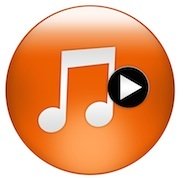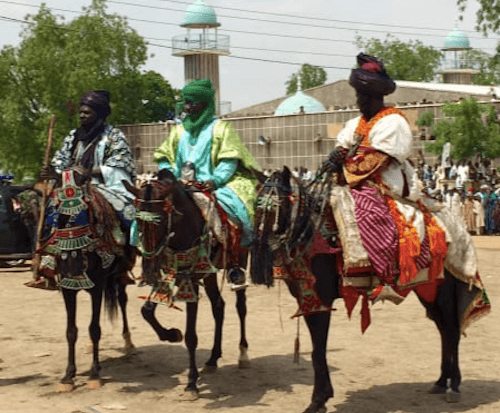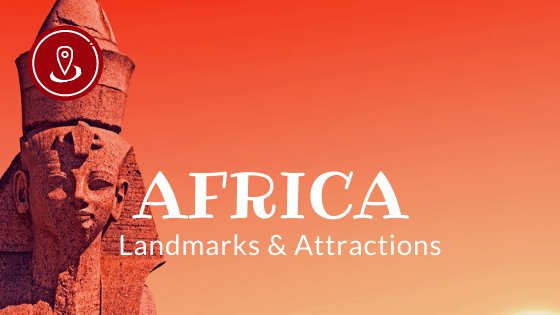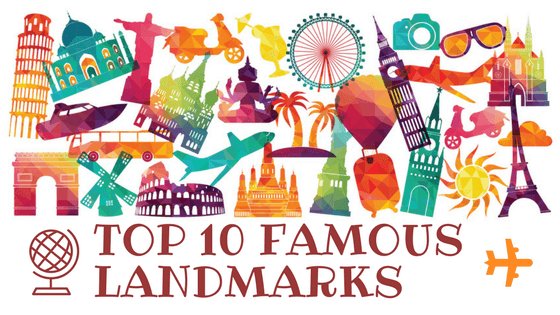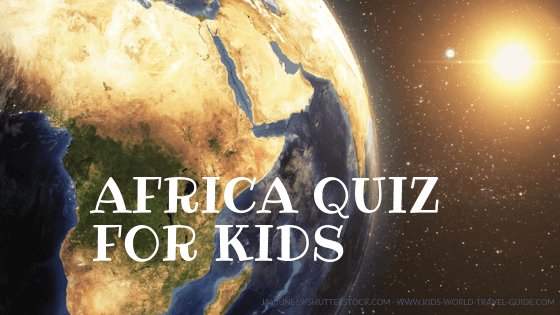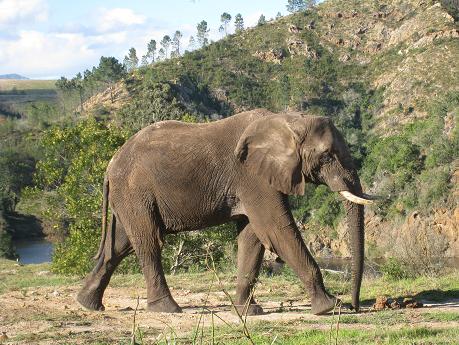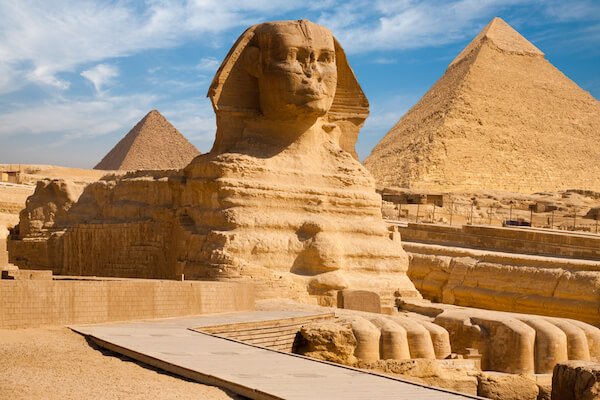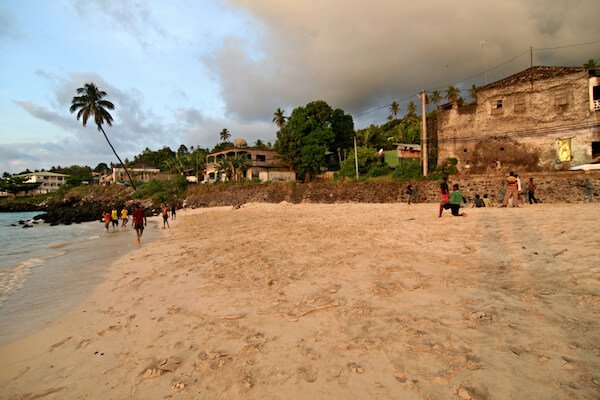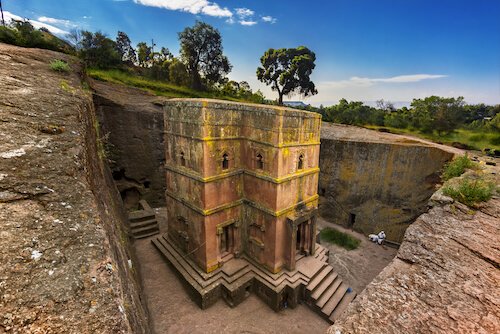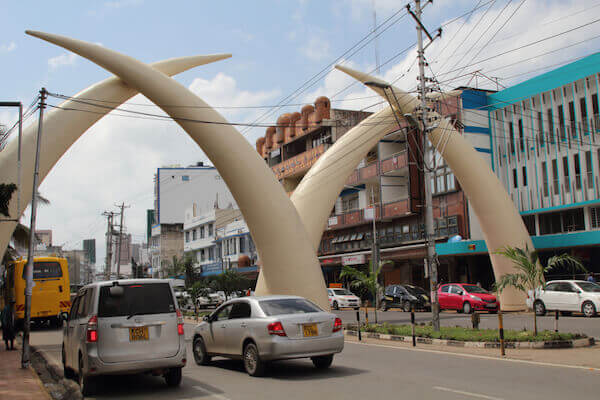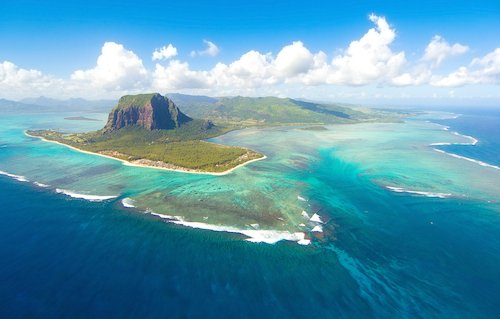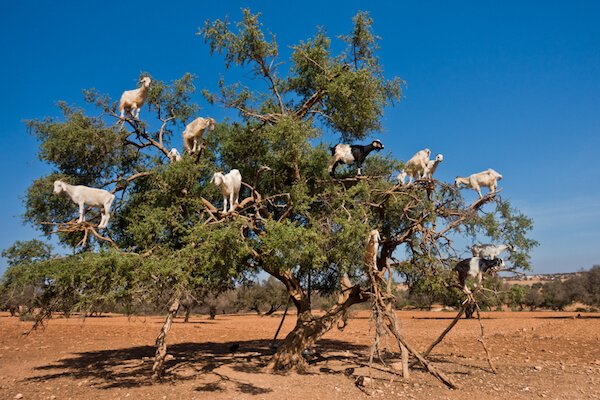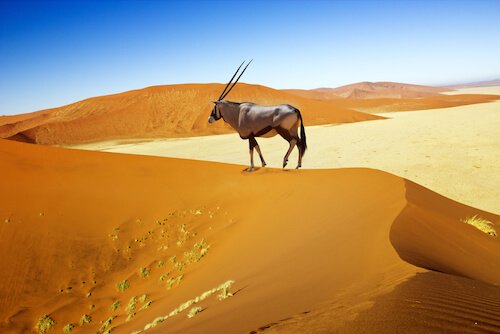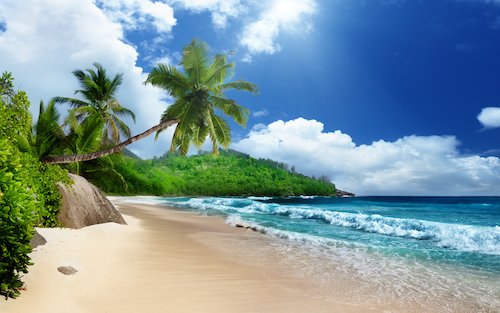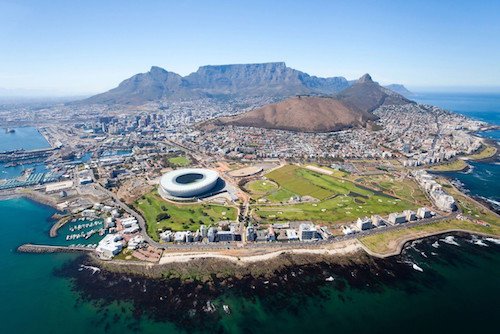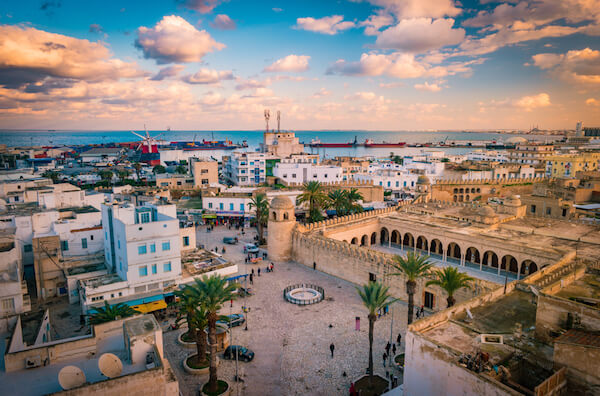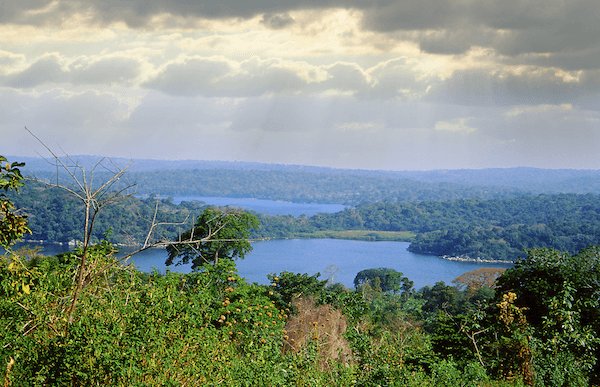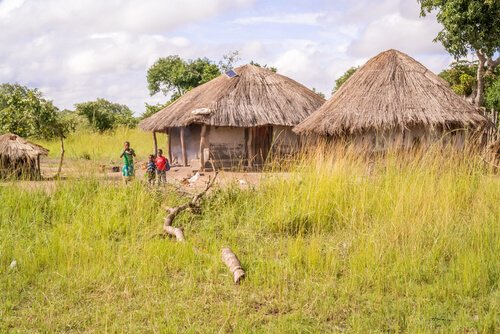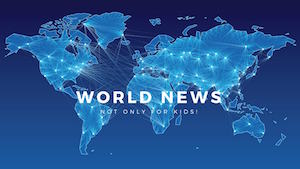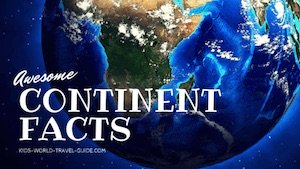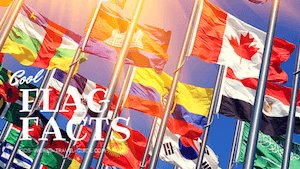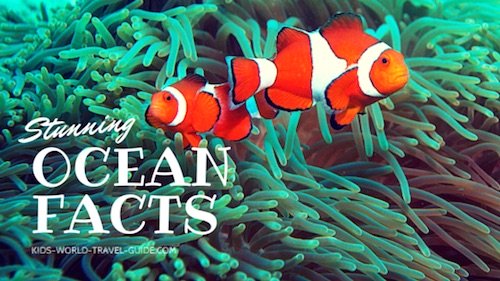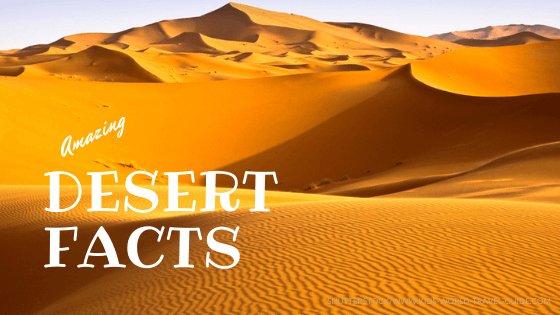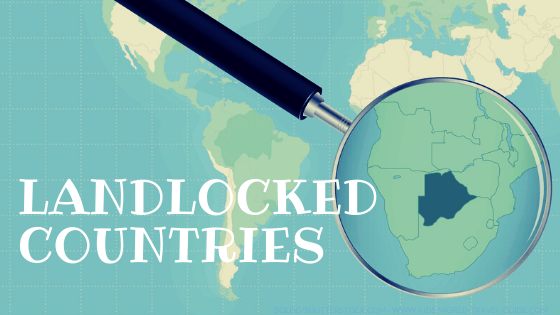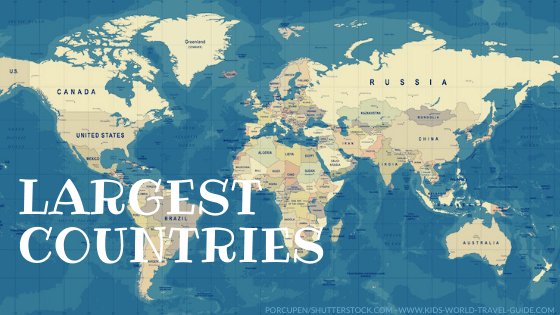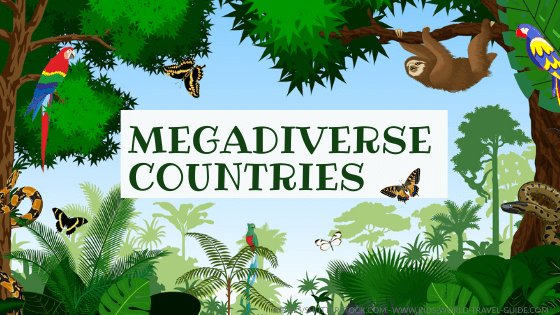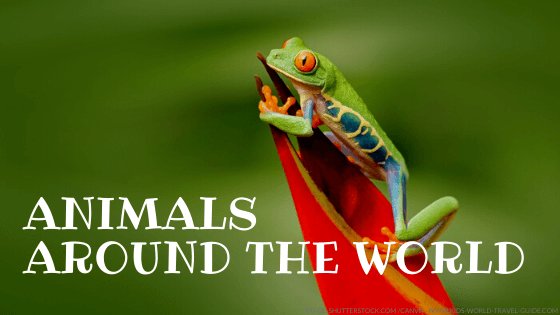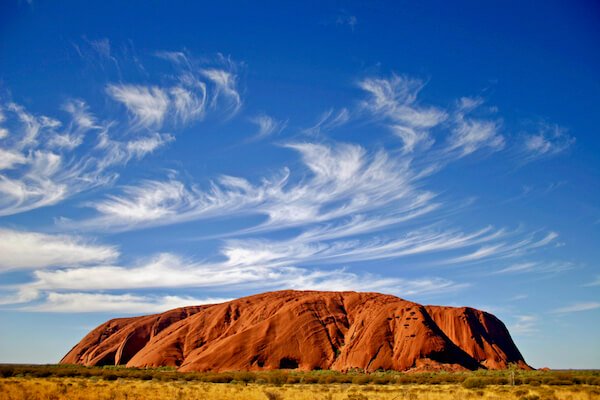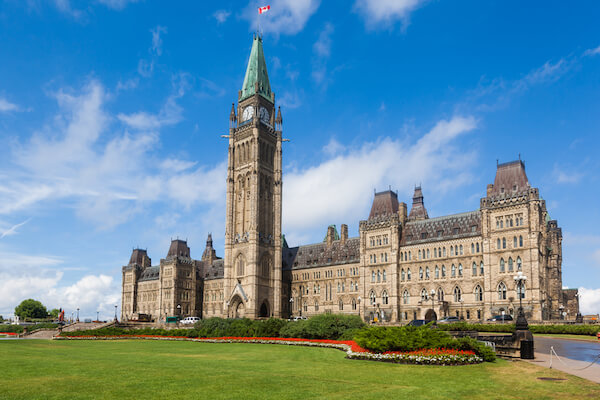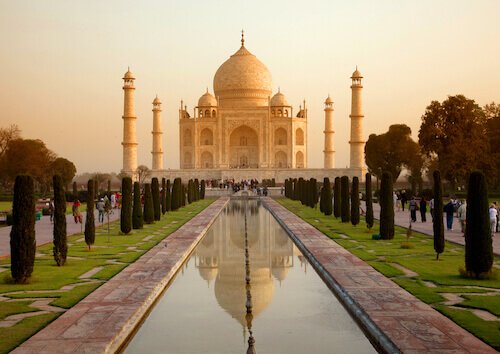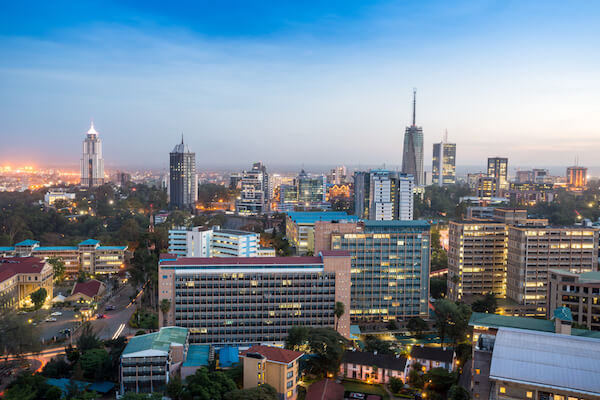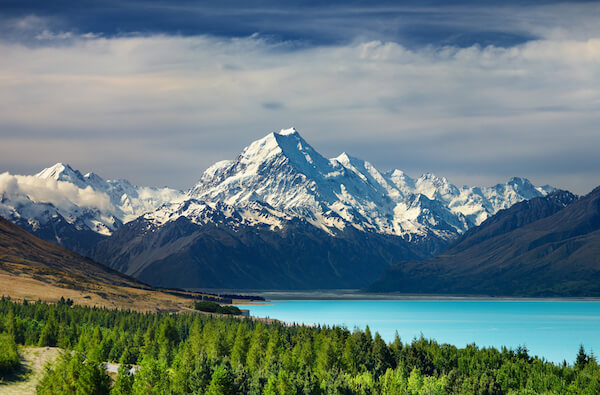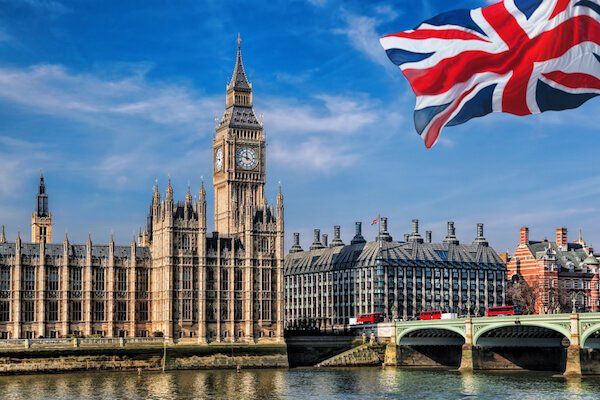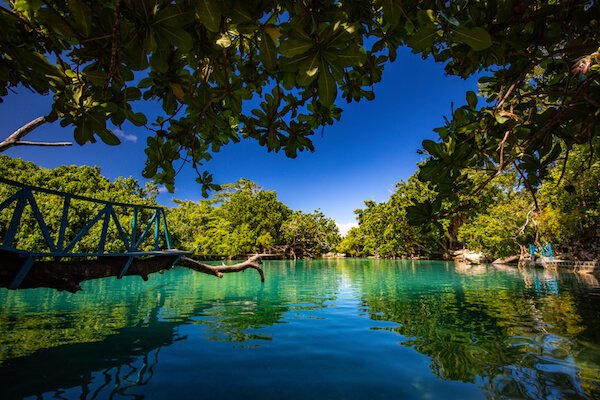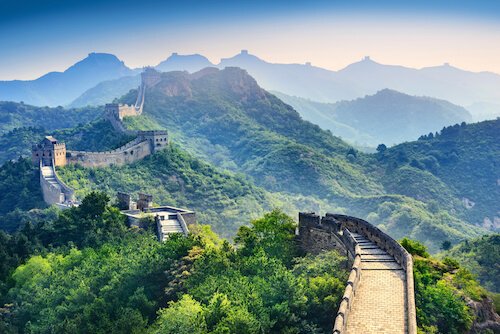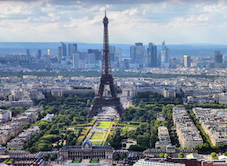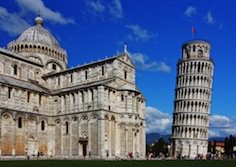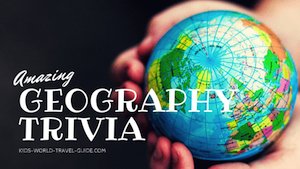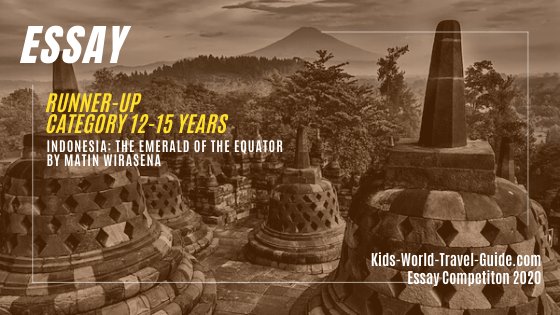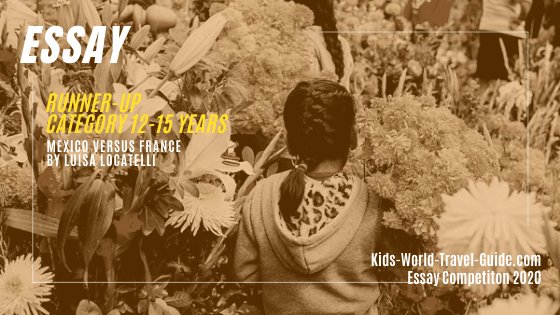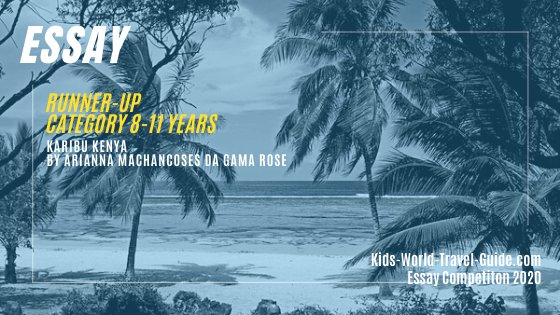- Homepage
- Nigeria
Nigeria Facts
Nigeria Facts for Kids
Here are some interesting Nigeria facts which were chosen and researched by kids especially for kids.
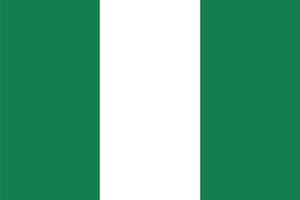 Nigeria Flag
Nigeria Flag- Population: 221 million people (2023)
- Capital: Abuja with about 3.8 million inhabitants
- Name: The name originally comes from the Niger river which flows through the country
- Motto: 'Unity and faith, peace and progress'
- Government: Federal Republic of Nigeria
- Languages: English (official language)
- Literacy: 63% of Nigerians age 15 and over can read and write
- Religion: Muslims 53%, Christians 45% and indigenous beliefs
- Currency: 1 Naira = 100 Kobo
- National Day: 1 October (Independence Day)
- National Animal: eagle
- National Colours: green and white
- National Anthem: 'Arise - o Compatriots' is sung in English.
- History: Long before the European settlers came to Africa, the Nok culture was already established in Nigeria. The Nok population dates back to 500 BC - 200 AD. Various kingdoms and city states were established by local indigenous people such as the Igbo or the Hausa. In the 16th century Portuguese explorers set foot on the southern shores of the country and trade with Europeans was established. The Fulani Empire or Sokoto caliphate was dominant in the northern parts of the country where the Muslim caliphate had its main centre. This caliphate also housed the largest slave population in the world in the 1890s, with about 2 million slaves. The region was one of the biggest slave trading centres of the continent until the British ruled parts of Nigeria from the 18th century onwards. Nigeria gained independence from the UK in October 1960.
Nigeria Facts
Nigeria Geography and Map
Where is Nigeria? Nigeria is a large country in western Africa. The capital city of Nigeria is in the centre of the country and called Abuja.
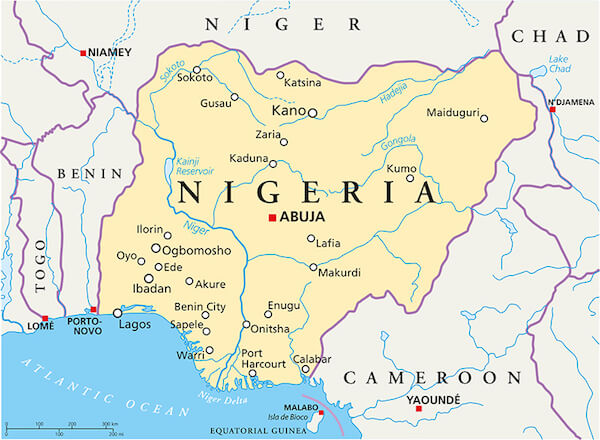 Map of Nigeria
Map of NigeriaNigeria borders the Atlantic Ocean and four countries. The four neighbouring countries are:
- Benin to the west
- Niger to the north
- Chad to the north east and
- Cameroon to the south east.
The longest border of Nigeria is shared with Cameroon.
Nigeria is roughly twice the size of California/USA or is slightly bigger in size than Venezuela. Compared to European countries we can say that the land area of Spain and Germany combined would be slightly smaller than Nigeria.
Nigeria is a 8-hours flight from Dubai or a 6-hours flight from London/UK.
Nigeria Geography Superlatives
- Nigeria is the most populous country in Africa.
- The largest city of Nigeria is called Lagos. About 22 million people live in and around Lagos.
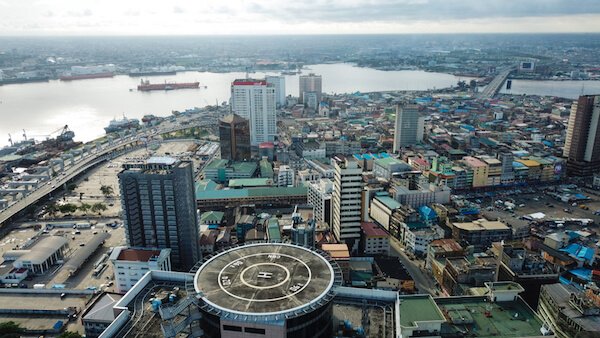 Nigeria's largest city is Lagos
Nigeria's largest city is Lagos- Nigeria is the seventh most populated country in the world.
- The highest point in Nigeria is Chappal Waddi at the border to Cameroon. This mountain is 2,419 m or 7,936 ft high. The country's central region mostly lies on a high plateau with hills and mountains.
- The country is known for its large monoliths, which are huge granitic rocks - similar in form to the Uluru rock in Australia. Zuma rock is known as one of Nigeria's landmarks. The massive monolith stands near Abuja, the capital city. The circumference of this rock is about 3.1 km/ 1.9 miles. Zuma rock is shown on the 100 naira banknote.
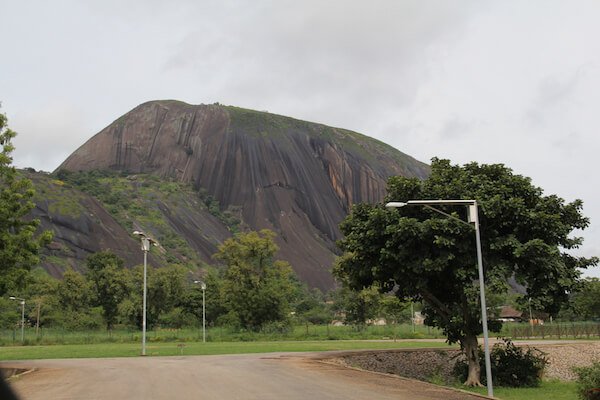 Zuma Rock - a famous landmark in Nigeria
Zuma Rock - a famous landmark in Nigeria- Nigeria's longest river is the Niger river which is 4,100 km or 2,547 miles in length. The Niger enters the country in the northwestern part and flows southwards towards the Niger Delta of the Atlantic Ocean. The Niger Delta is about 100 km/ 62 miles in width.
- The name Nigeria is derived from the river Niger.
- Nigeria's climate varies from arid climate in the northern parts to tropical climate in the centre of the county and a coastal climate at the Atlantic Ocean coastal regions.
- In 2023, Nigeria is the strongest economy on the African continent. The Nigerian currency is called Naira.
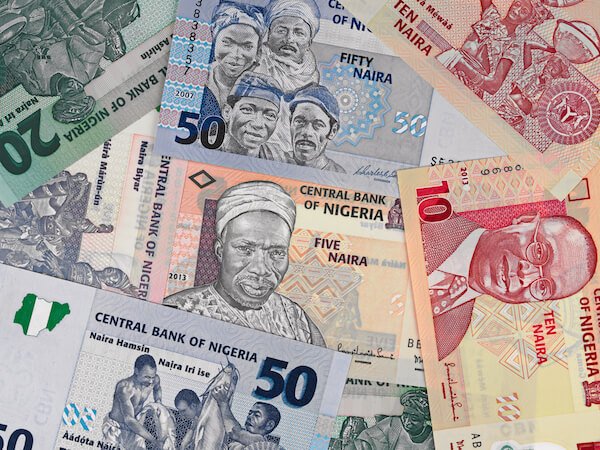 Various Naira banknotes
Various Naira banknotesAttractions in Nigeria | Nigeria Facts
- Abuja: Nigeria's capital is a busy city in the centre of the country. The city is a planned city just like Canberra/Australia or Brasilia/Brazil. The city was started in the 1980s and since 1991 Abuja is the capital of the country. Abuja replaced Lagos which was Nigeria's federal capital city until 1991.
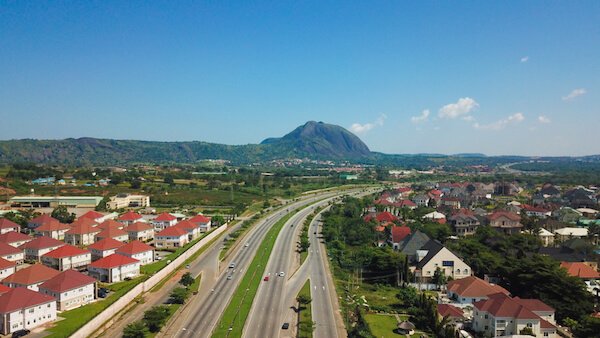 Abuja and the landmark Aso Rock
Abuja and the landmark Aso RockAmong Abuja's landmarks are the National Mosque and National Church as well as Aso rock and Zuma rock. The white monumental Abuja City Gate is another famous landmark of Nigeria.
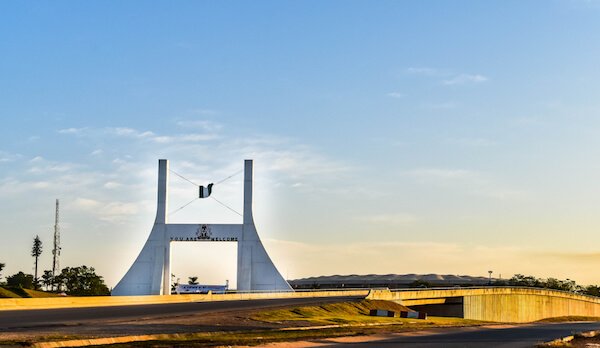 Abuja Gate
Abuja Gate- Lagos: Nigeria's most populous city also is the transport hub of the country with one of the largest seaports of the continent and the country's largest airport. Victoria Island is the main business centre of the city. The Civic Tower is an iconic building in Lagos.
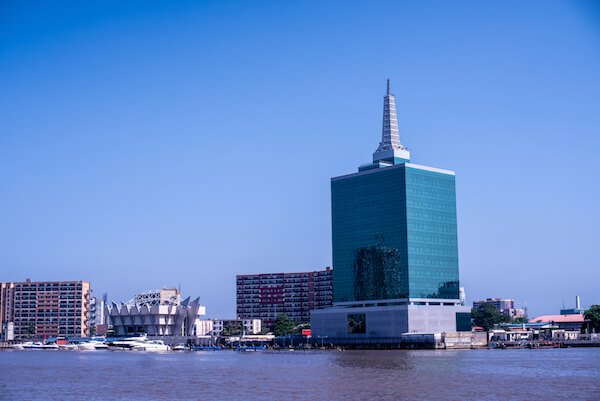 Lagos business centre on Victoria Island
Lagos business centre on Victoria Island- Port Harcourt: Nigeria’s Garden City is also called Igoucha’ in Igbo. This city is rich due to the oil found off its coast and spots sandy beaches and many colonial buildings. The city is also famous for its carnival held in this city every December.
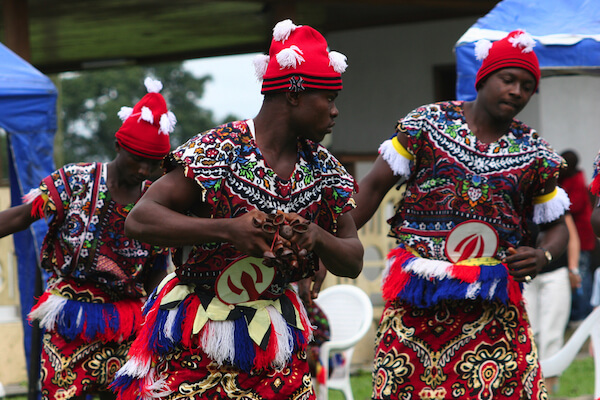 Festival in Port Harcourt
Festival in Port Harcourt- Olumo Rock: This small mountain is located in Ogun State in the southwest of Nigeria and a popular tourist attraction. The 137 m/ 450 ft high rock is reachable by stair and a lift which takes visitors to the top. There is a museum that explains the history and importance of the rock for the local Yoruba (Egba) people.
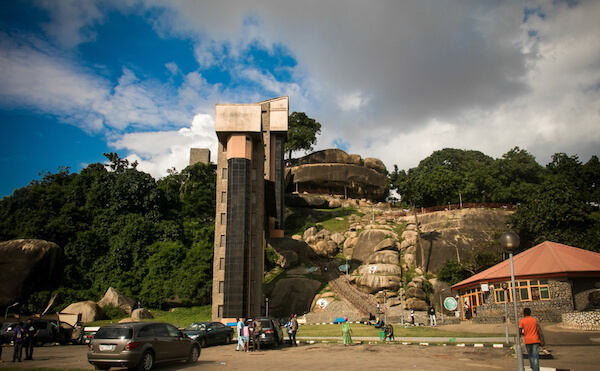 Olumo Rock
Olumo Rock- There are several national parks in Nigeria that are well worth a visit. The Cross River National Park has a very unique rainforest vegetation and there are also many scenic waterfalls in Nigeria such as the Gurara Falls in the Niger state of Nigeria.
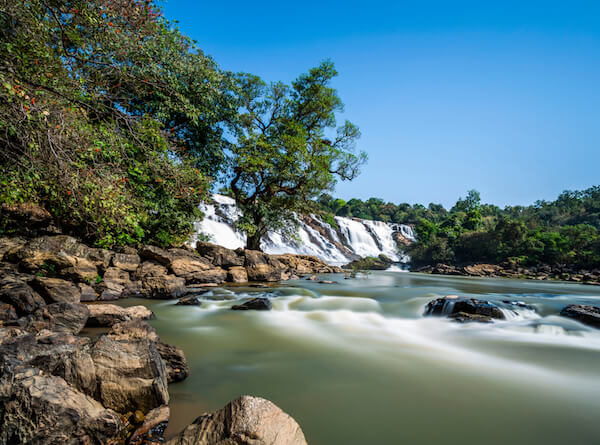 Gurara Falls
Gurara Falls- There are two UNESCO world heritage sites in Nigeria, the Sukur Cultural Landscape and the Osun-Osogbo Sacred Grove.
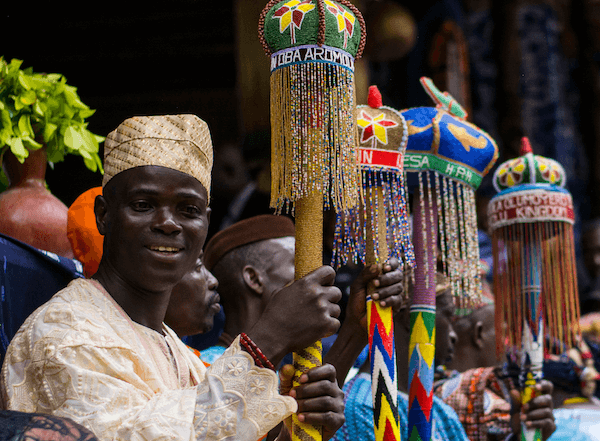 Worshippers at OsunOsogbo
Worshippers at OsunOsogboThe Osogbo forest with holy shrines and the grove is the location of a huge festival that is celebrated by the Yoruba people every August for more than 700 years.
Nigeria Facts | Nigeria Economy
Nigeria is an oil-rich country. Nigeria's industry sector mainly includes crude oil, coal, tin and rubber products. The local economy in Nigeria is driven also by the growing agriculture and services industry.
Nigeria mainly exports petroleum and petroleum products, but also to a much smaller amount cacao, rubber products, peanuts, cotton and palm oil.
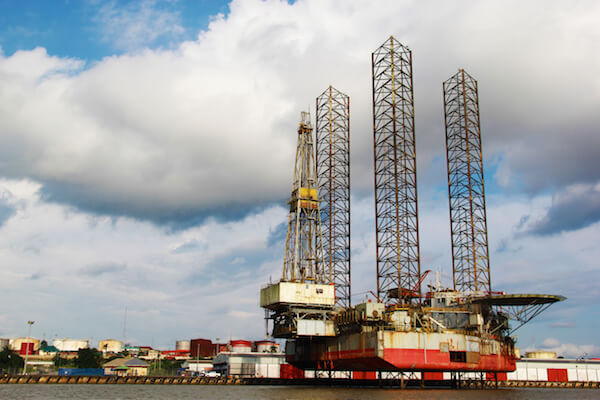 Oil rig in Nigeria
Oil rig in NigeriaThe main trading partners are India, China and the USA as well as Spain, Belgium and France.
Nigeria is also known as the African centre for the film industry which is often given the nickname 'Nollywood'.
The five biggest cities of Nigeria are:
- Lagos with 22 million inhabitants
- Kano with 4 million inhabitants
- Ibadan with 3.5 million inhabitants
- Abuja with 3.3 million inhabitants
- Port Harcourt with 3 million inhabitants
Nigeria is a founding member of the Commonwealth of Nations, African Union, United Nations and OPEC.
Nigeria Facts | Nigeria People
Nigeria houses the largest population in Africa. Most Nigerians live in the south and southwestern parts of the country. Just over half of the population live in urban centres.
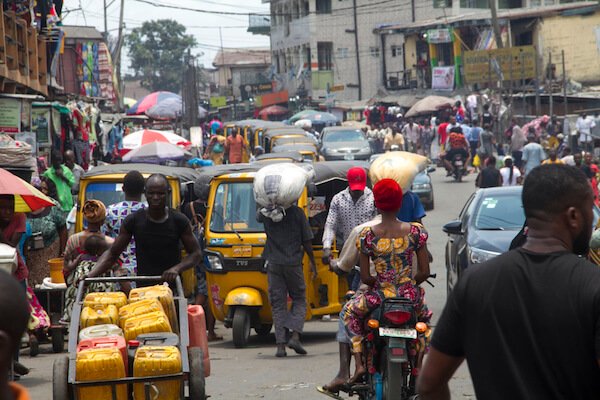 Busy street in Lagos
Busy street in LagosIn Nigeria there are over 250 different ethnic groups with over 500 languages. The largest ethnic groups are the Hausa (30%), the Igbo (15%) and the Yoruba people (15%).
Nigeria is one of the world's countries with extremely fast growing population numbers. In 2050, Nigeria is expected to house almost 400 million people, thus and to become the third most populated country after China and India. Overpopulation and the rapid growth of the cities have led to many social, economic and environmental problems.
The rich-poor divide is very stark in Nigeria. Almost half of the population live in poorest conditions without any water or electricity connections while there are some of the world's richest people living in Nigeria too!
Most people (70%) work in the agricultural sector. Farmers sell their fresh vegetables on street markets.
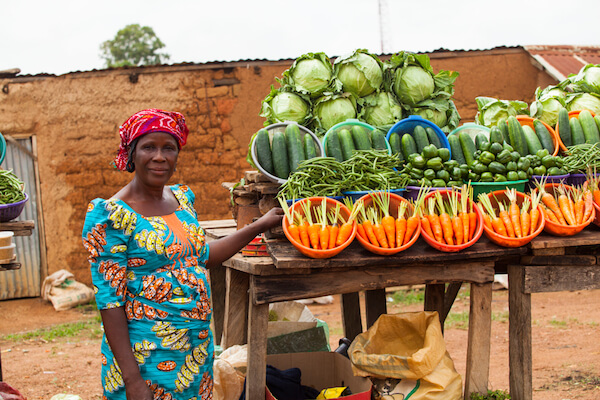 Nigerian farmer selling fruits and vegetables on the market
Nigerian farmer selling fruits and vegetables on the marketThe slum areas of the cities grow rapidly as people seek work in the major cities and towns. Most roads in rural areas are in poor condition, as many are untarred or unpaved.
In terms of religion, the country is pretty divided. The Christian population mainly lives in the South while the Muslim population live predominantly in the northern regions of the country. Nigeria has the largest Muslim population in sub-Saharan Africa.
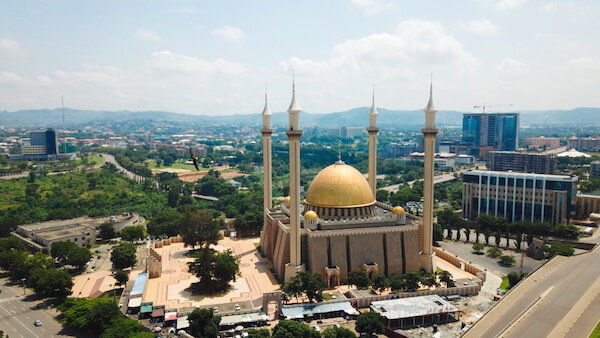 Nigeria's National Mosque in Abuja
Nigeria's National Mosque in AbujaFamous people from Nigeria include:
- Aliko Dagote, the wealthiest man in Africa
- Ngozi Okonjo-Iweala, the first woman and first African leader of the World Trade Organisation (WTO)
- Ese Brume is a famous Nigerian athlete
- Victor Osimhen is a popular soccer player in the Nigerian national team and currently plays for Napoli/Itali.
Nigeria Facts | Languages in Nigeria
English is the official language in Nigeria, but more than 500 languages are spoken in the country.
The main African languages in Nigeria are: Hausa, Igbo, also referred to as Ibo, Yoruba, Fulani and Kanuri.
Hausa is the most widely spoken and understood language in Nigeria. The Hausa people are the largest ethnic group in Sub-Saharan Africa and Hausa is spoken also by minorities in Cameroon, Ghana and Sudan.
Festivals in Nigeria
There are many colourful festivals and celebrations during the year as our young writer Oluwasina Oreoluwa from Nigeria shares with us:
- Lagos Carnival showcases the culture of Lagosians with colourful fashions, music, and dances. Traditional rulers also come out in their regalia to add radiance to the occasion.
- The EID Durbar Festival is a long line of horsemen in colourful costumes to march into the parade ground and jesters, acrobats and stunt performers display. There is a jahi race, where several horsemen race towards the Emir at top speed and abruptly turn aside just before reaching him and raise their sword before exiting the race.
- New Yam Festival marks the time of harvest and beginning of a new planting season. New yams are consumed on the day of the festival in the form of various dishes.
Food in Nigeria | Nigeria Facts
Corn, rice, cocoa, yams, palm oil and peanuts (groundnuts) are the main agricultural products in Nigeria. Nigerian main dishes usually contain corn, rice, yams, plantains, beans, peppers and tomatoes as well as beef, sheep and fish.
According to OghenekevweOnu: "If you want to take your taste buds on a spectacular journey, then you have to try out Nigerian foods. These includes the Nigerian Jollof rice, Suya, Akara, Pounded Yam and Garri. We have soups like Egusi, Ewedu or Afang and a host of others. "
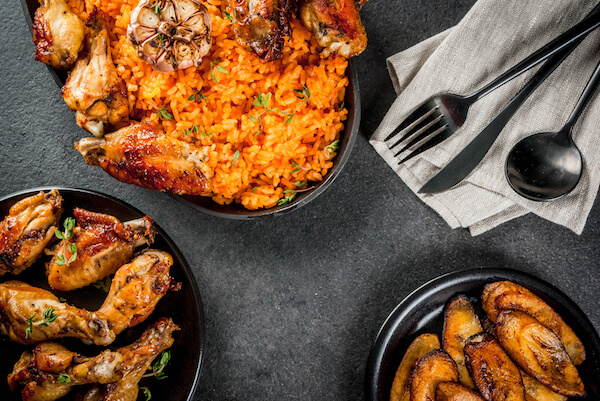 Jollof Rice
Jollof Rice- Jollof rice: the tomato-coloured one-pot rice dish is popular throughout Western Africa and in Nigeria usually is served with fried plantains, and moi-moi.
- Suya: grilled meat skewers with spicy coating often made with beef and chicken - this is a popular street food
- Garri: cassava flour
- Ewedu and Afang: spinach-like green leaves used in Nigerian soups
Nigeria Facts: Some other typical Nigerian dishes are:
- Moi moi: savoury steamed pudding with black-eyed peas, onions and peppers
- Dodo: fried plantains, a popular side dish which accompanies many main dishes.
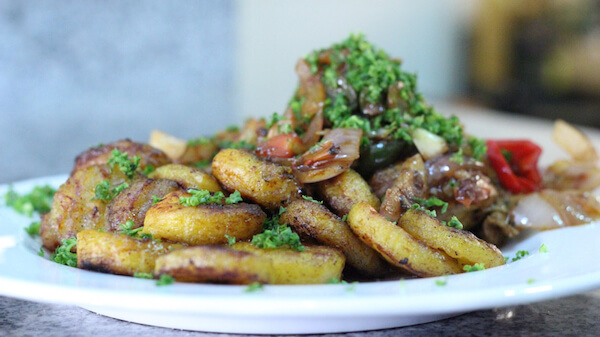 Dodo - Chicken with Plantains
Dodo - Chicken with Plantains- Maafe: groundnut stew with tomatoes and meat. The name means actually 'peanut butter sauce').
- Ofada rice: brown rice dish or stew made with tomatoes and beef. It is commonly served on a leaf to give it a distinctive taste.
Read more about great Nigerian recipes here
Nigeria Facts | Nigeria Animals
Nigeria is home to many animals that are unique to the continent and country. There are forest elephants, buffalos, antelopes, leopards, gorillas, hippopotamus and monkeys. The endangered white-throated monkeys are indigenous only to Nigeria.
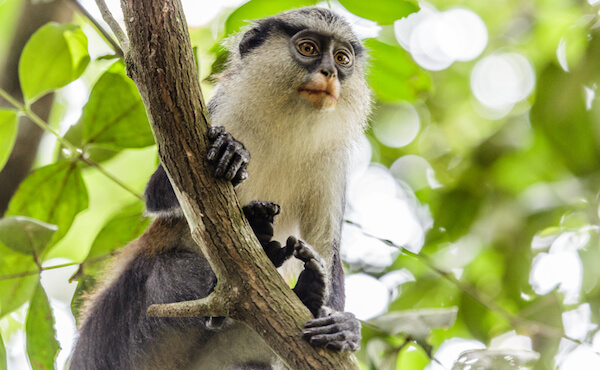 Monkey in Nigeria
Monkey in NigeriaBirdlife is abundant in Nigeria too! Fishing and herding of cattle are important activities in rural areas. There are more than 18 million herds of cattle in Nigeria - about double the amount of cattle in the UK!
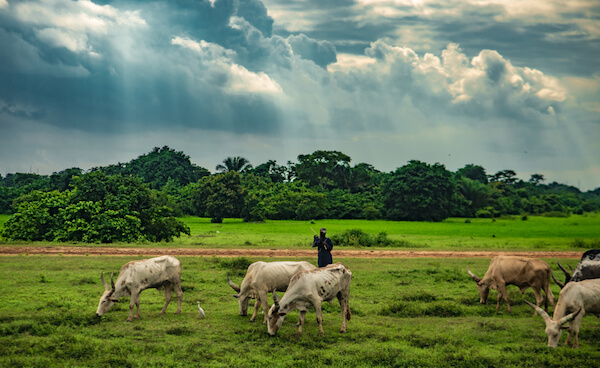 Cattle herding in Nigeria
Cattle herding in NigeriaPopular Pages
Nigeria Facts | Resources
- Central Intelligence Agency. "Nigeria." World Fact Book. Last updated 4 August 2023. Last accessed 16 August 2023
- Nigeria Tourism Development. "Events Calendar." Tour Nigeria. Last accessed 16 August 2023
- Associated Press. "Nigeria to Pass U.S. as World's 3rd Most Populous Country by 2050, UN Says." NBCNews. Published 22 June 2017. Last accessed 16 August 2023
- Commonwealth Secretariat. "Nigeria." The Commonwealth. Last accessed 16 August 2023
Image Credits on Nigeria Facts: Tayvay/shutterstock.com, LorimerImages/shutterstock.com, various others at shutterstock.com and wikicommons, if not otherwise stated.
Special thanks go to Oghenekevwe Onu and Oluwasina Oreoluwa who shared insights into their country with our latest contest and some of their content was used in this page.
We hope you enjoyed reading our Nigeria Facts. Please bookmark this page and spread the word.
Go from Nigeria Facts to Africa Continent Facts
Back from Nigeria Facts to Kids-World-Travel-Guide
Competition 2024 is open!

Other African Countries
Like what you read?

|
Simply share the html code below. Copy and paste onto your website, blog or Facebook page: <a href="https://www.kids-world-travel-guide.com/nigeria-facts.html">Kids World Travel Guide: Nigeria Facts for Kids</a> |
Like us on Facebook
Competition 2024

